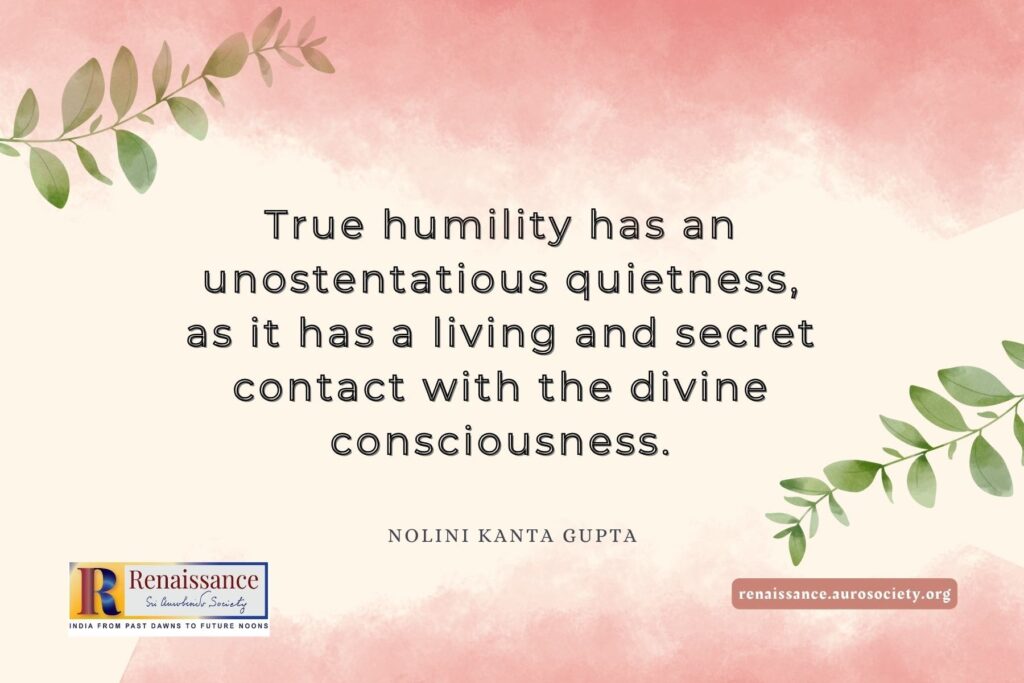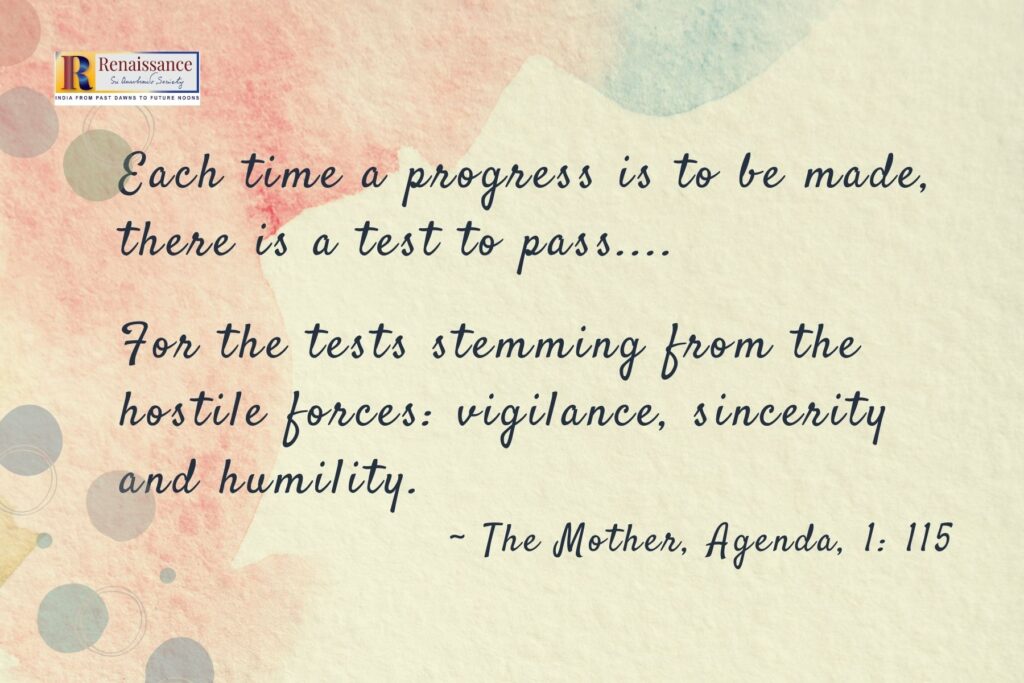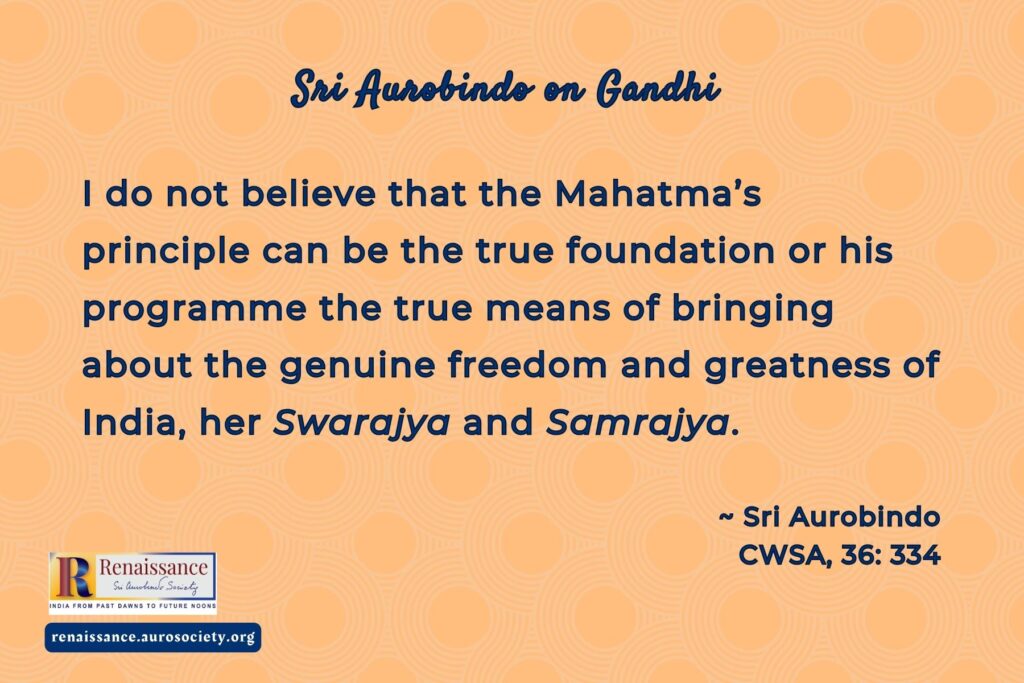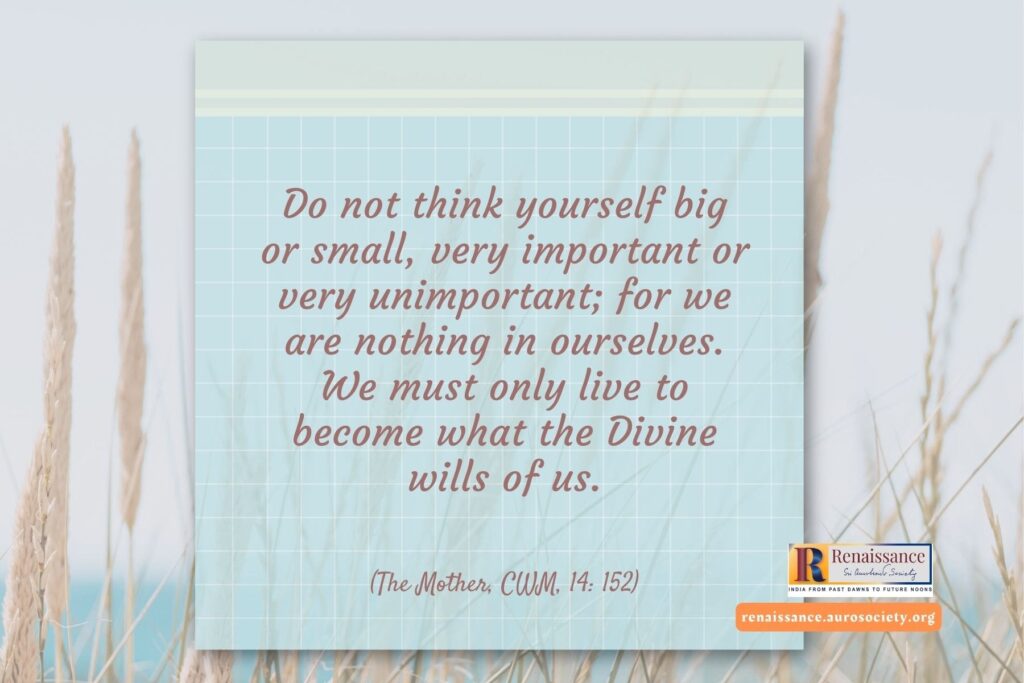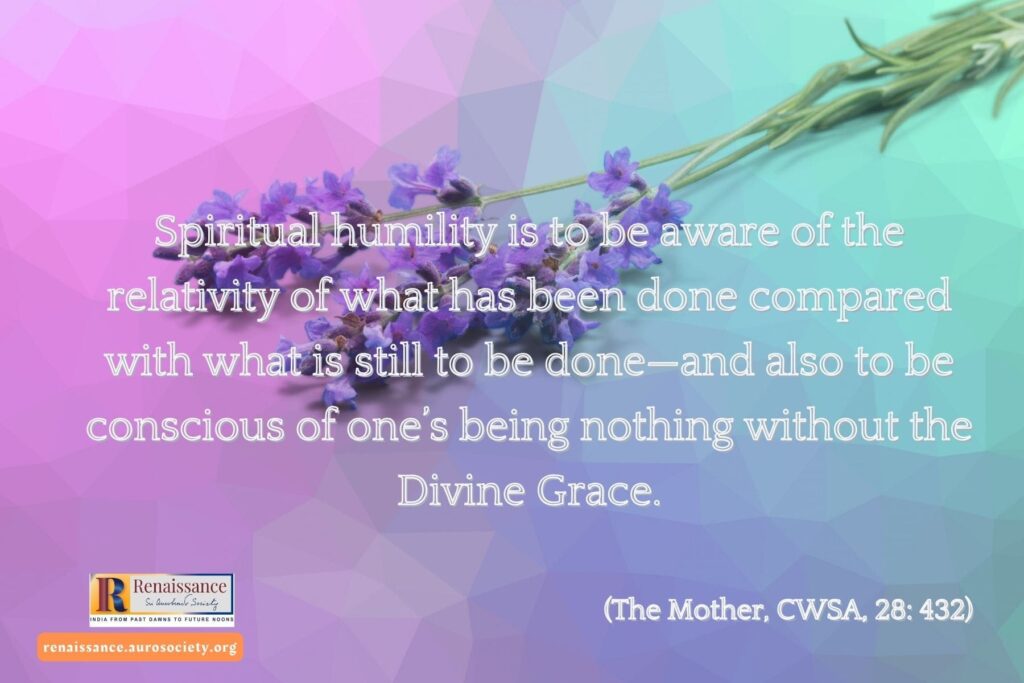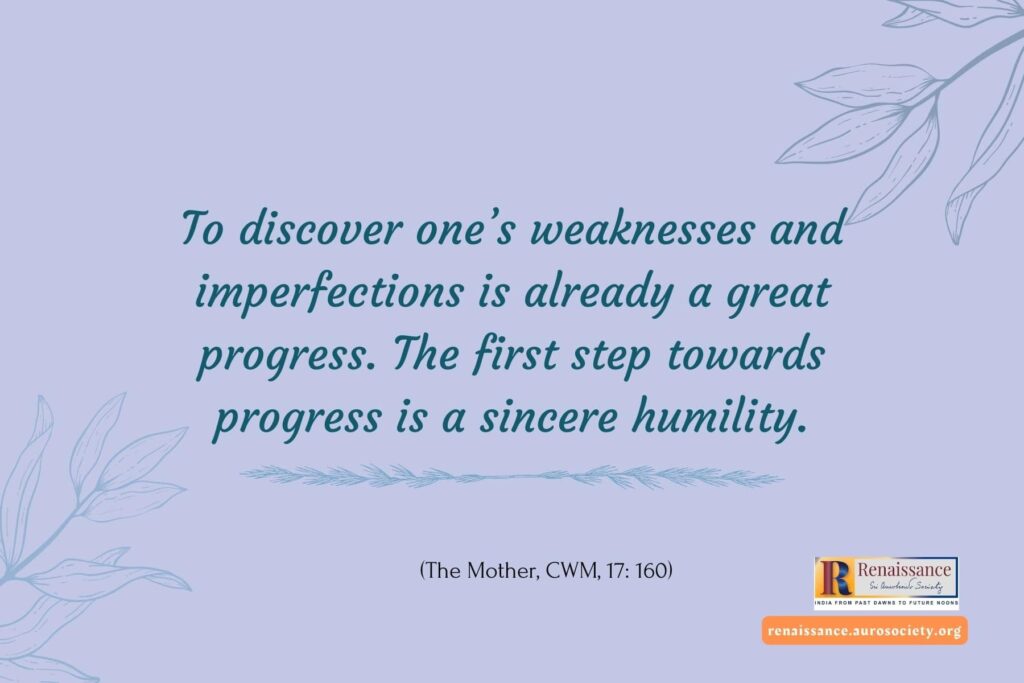Ahankāra – Sri Aurobindo on Tamasic, Rajasic, Sattvic Ego and More
In this essay written originally in Bengali, Sri Aurobindo highlights the subtle but important difference between the tamasic, rajasic and sattvic ego. He reminds us that just as pride has ego, in the same way humility also has ego; just as strength has ego, in the same way weakness also has ego.
Ahankāra – Sri Aurobindo on Tamasic, Rajasic, Sattvic Ego and More Read More »


